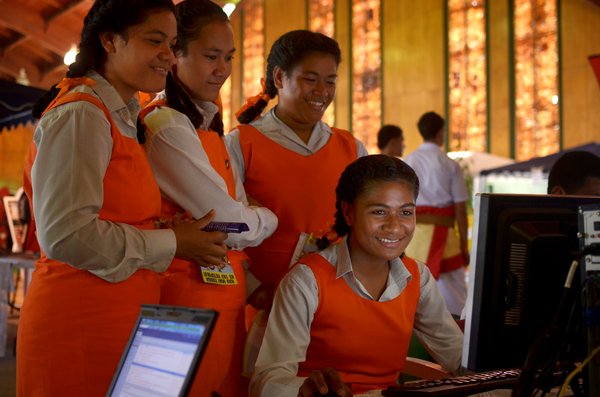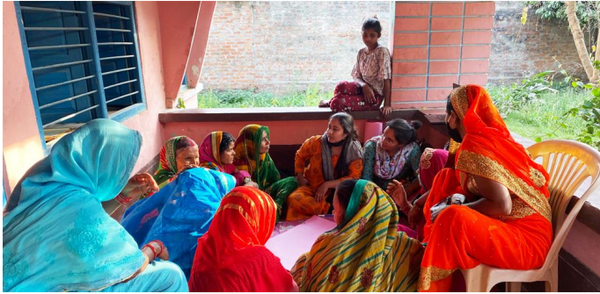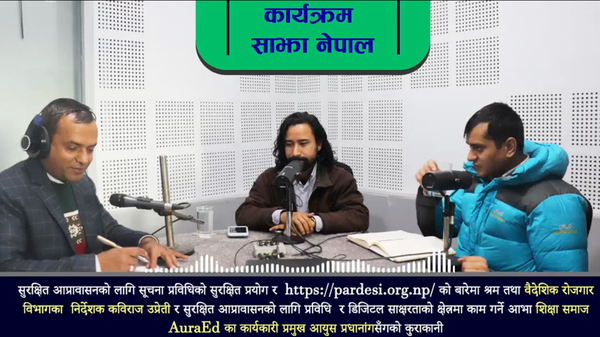Introduction
Key to MIDEQ’s work on digital technologies and inequalities is working with migrants directly to understand how they use technology and collaborating with them to create digital interventions that could reduce inequalities. Through their research, the team, UNESCO Chair in ICT4D, found that while Nepali migrants and their families often use digital technologies, they rarely use the technology that is designed specifically for them. In addition, a widespread lack of digital literacy among migrants and family members constrains their ability to make safe and informed use of digital technology.
Rather than designing another app, the team brought together migrants, migrant organisations and tech companies to co-design and implement interventions that they believed could help improve the lives of Nepali migrants. Through this collaboration, two interventions emerged. One was to develop resources on the importance of safe, wise and secure use of digital tech that can be used by migrant organisations and government offices to train migrants. The other focused on creating an online platform, now known as Pardesi.org.np. It functions as a trusted source of information, a “one stop shop” which collates migration related information in one place.



